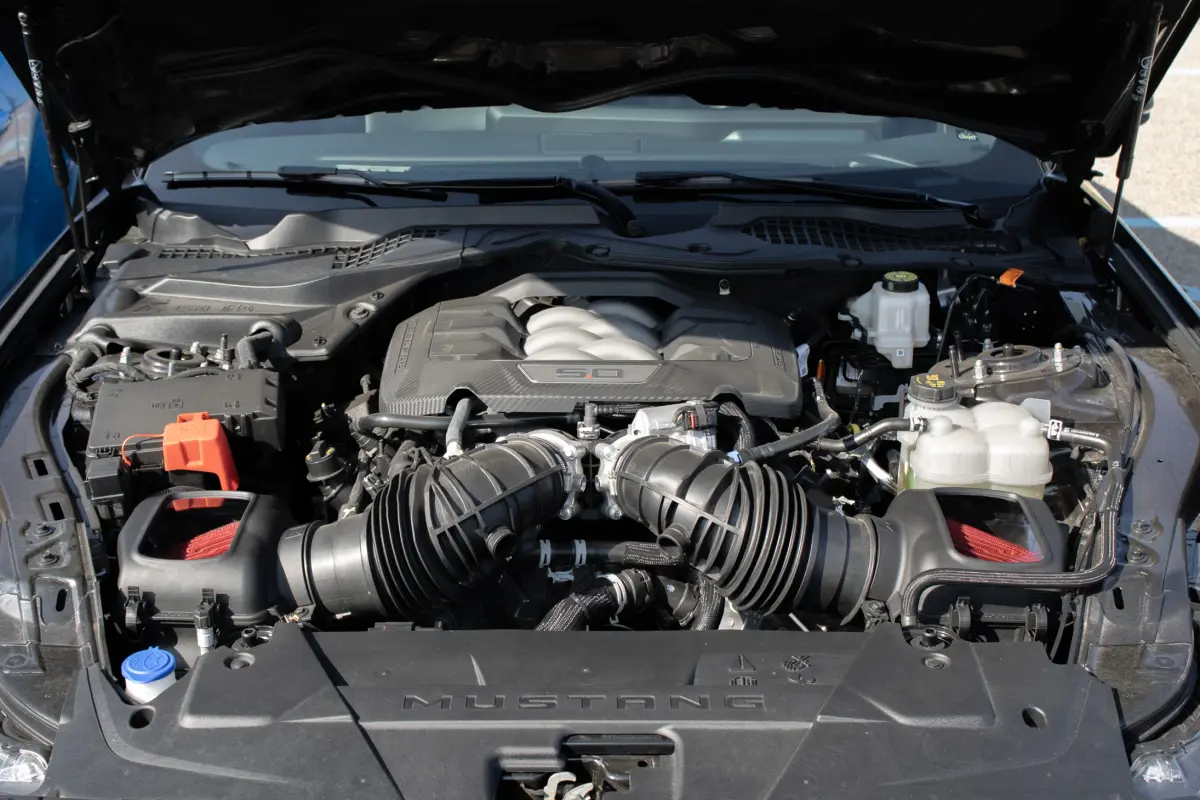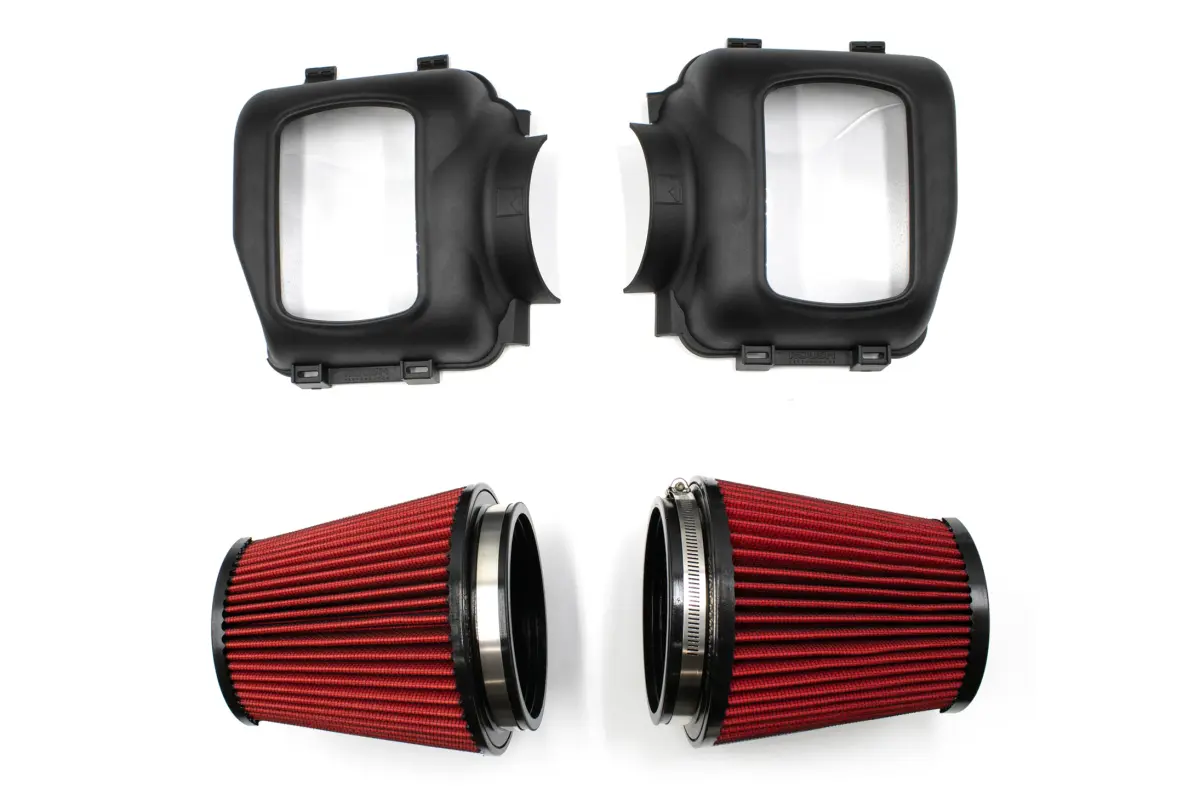DFB5.0
Well-Known Member
- Thread starter
- #151
Microfiber towel care, specifically microfiber detergents, is a topic I recently had a little rant about another forum. To set the scene, a couple of guys were carrying on about how drying aids ruin expensive towels because they set up in the fibers and make them hydrophobic. This is a topic that comes up a lot, and one that I have tried to explain multiple times, hence my "tone" in the below responses...................................
This was my reply -
"One of the first things I learnt when I landed on this forum was Mike's "Clean, Dirty Bucket" concept. As in, a clean bucket used to hold "dirty" (ie used) towels. After each detailing session, that bucket goes inside and straight into the washing machine. In effect, it's a laundry basket. If for some reason I can't get them in straight away, the gamma seal lid prevents the towels drying out too quickly, then setting up any sealant products used."

Then the concern shifted to ruining the towel because of mold. My response -
"You do run that risk, but I'm not talking about storing them like that for days, weeks.
Personally, I think most people who get into problems with their towels going hydrophobic is from a lack of prompt washing. As in, they leave the towels in a pile for days, then blame whatever spray sealant they used for ruining the towel.
As I said in the post, having the lid helps prevent the towels from drying while you are still working, in theory preventing the products from setting up in the towel. I also think those not using a modern dedicated MF detergent are contributing to poor towel performance. Modern detailing products are better targeted by these detergents compared to just using normal clothes washing liquid."
Then the complaint that dedicated microfiber detergents were overpriced hype, that something like Free and Clear laundry liquid was cheaper and still effective. My response -
"My comment in regard to using dedicated microfiber detergents was based around the fact normal washing detergents like Free & Clear do not have the ability to remove modern detailing chemicals such as polishes, Si02 sprays and polymer sealants.
As I said, people who complain about hydrophobic towels are experiencing this because of not using the right detergent. You can whine about the price, but the results speak for themselves. When I made the switch, I revived all of my older towels that were on the verge of being thrown away.
So, what's more expensive? Buying a dedicated detergent every now and then, or replacing expensive towels because they become hydrophobic from improper washing?"
Which then led to one of them posting this -
In another thread, the same guy went on to explain a convoluted towel washing process, waaay over complicated. For me, I use one single product, no additives required. For a small load, you only need 30ml of the stuff, 60ml for a large load, about 0.87c to $1.73 per load. If you can't afford that, way way less than a new drying towel.
But what would I know, I'm just a hype train.
This was my reply -
"One of the first things I learnt when I landed on this forum was Mike's "Clean, Dirty Bucket" concept. As in, a clean bucket used to hold "dirty" (ie used) towels. After each detailing session, that bucket goes inside and straight into the washing machine. In effect, it's a laundry basket. If for some reason I can't get them in straight away, the gamma seal lid prevents the towels drying out too quickly, then setting up any sealant products used."
Then the concern shifted to ruining the towel because of mold. My response -
"You do run that risk, but I'm not talking about storing them like that for days, weeks.
Personally, I think most people who get into problems with their towels going hydrophobic is from a lack of prompt washing. As in, they leave the towels in a pile for days, then blame whatever spray sealant they used for ruining the towel.
As I said in the post, having the lid helps prevent the towels from drying while you are still working, in theory preventing the products from setting up in the towel. I also think those not using a modern dedicated MF detergent are contributing to poor towel performance. Modern detailing products are better targeted by these detergents compared to just using normal clothes washing liquid."
Then the complaint that dedicated microfiber detergents were overpriced hype, that something like Free and Clear laundry liquid was cheaper and still effective. My response -
"My comment in regard to using dedicated microfiber detergents was based around the fact normal washing detergents like Free & Clear do not have the ability to remove modern detailing chemicals such as polishes, Si02 sprays and polymer sealants.
As I said, people who complain about hydrophobic towels are experiencing this because of not using the right detergent. You can whine about the price, but the results speak for themselves. When I made the switch, I revived all of my older towels that were on the verge of being thrown away.
So, what's more expensive? Buying a dedicated detergent every now and then, or replacing expensive towels because they become hydrophobic from improper washing?"
Which then led to one of them posting this -
What I found interesting here was the claim that Free and Clear (or similar) was just as good at removing detailing products as the overpriced stuff, "just because a certain product costs more does not necessarily make that product better". And yet, its obviously not as effective when you then have to add another chemical (white vinegar) to get the job done.My towels are not hydrophobic and I use products with SI02 on a regular basis. Also occasionally polishes and waxes.
Of course Griots is going to say their laundry detergent gets out stuff that free and clear can't. They are in the business of selling special microfiber detergent. They have to say something so people will buy it. Can anyone tell me exactly what chemicals are in the dedicated microfiber detergent that justifies using the special detergent and supports the claim of getting out the products that free and clear cannot which is claimed by those selling the dedicated microfiber detergents?
Arm and Hammer, free and clear $14.97 for 105 fluid oz.
Rags to Riches $20.60 + shipping for 32 fluid oz. So might as well call it $30.00 for 32 oz.
Obviously nobody is changing anyone's mind with this information. But I'm good with my method. I also use 8 oz. of white vinegar in the rinse cycle which also takes care of anything still remaining in the towels, The vinegar is $3.00-$4.00 per gallon. Just because a certain product costs more does not necessarily make that product better and that analogy is very prominent with detailing products.
Hype is the name of the game with many detailing products. Always has been and probably always will be.
In another thread, the same guy went on to explain a convoluted towel washing process, waaay over complicated. For me, I use one single product, no additives required. For a small load, you only need 30ml of the stuff, 60ml for a large load, about 0.87c to $1.73 per load. If you can't afford that, way way less than a new drying towel.
But what would I know, I'm just a hype train.
Sponsored
















